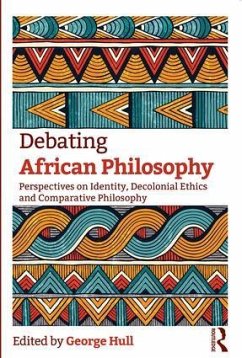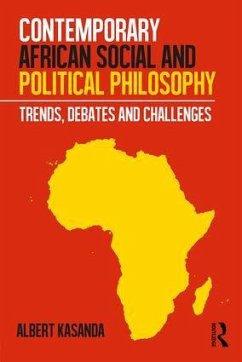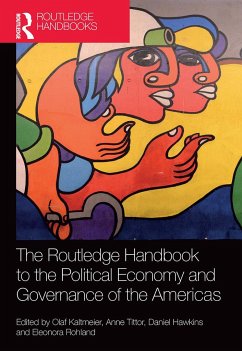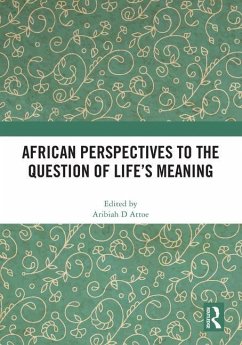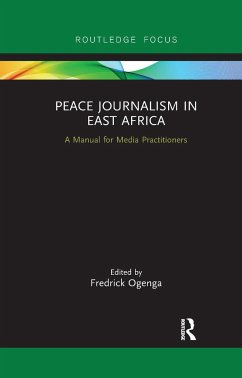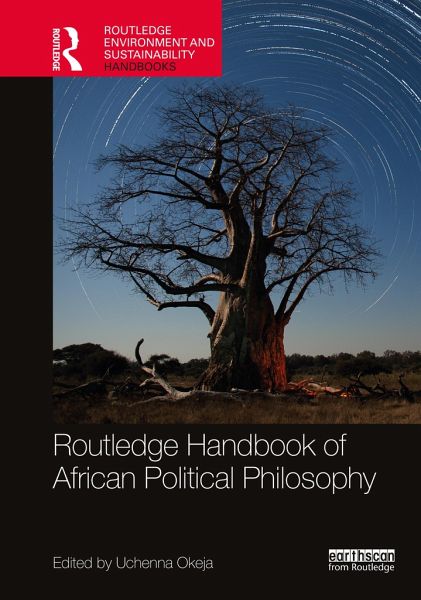
Routledge Handbook of African Political Philosophy

PAYBACK Punkte
117 °P sammeln!
The Routledge Handbook of African Political Philosophy showcases and develops the arguments propounded by African philosophers on political problems, bringing together experts from around the world to chart current and future research trends.Africa's recent history has been shaped by the experiences of colonization, anti-colonial struggle, and postcolonial self-rule, so it is perhaps not surprising that political questions are also central to African philosophy. This exciting new handbook provides insights into the foundations, virtues, vices, controversies, and key topics to be found within A...
The Routledge Handbook of African Political Philosophy showcases and develops the arguments propounded by African philosophers on political problems, bringing together experts from around the world to chart current and future research trends.
Africa's recent history has been shaped by the experiences of colonization, anti-colonial struggle, and postcolonial self-rule, so it is perhaps not surprising that political questions are also central to African philosophy. This exciting new handbook provides insights into the foundations, virtues, vices, controversies, and key topics to be found within African political philosophy, concluding by considering how it connects with other traditions of political philosophy. In doing so, this book provides important fresh perspectives that help us to gain a richer understanding of the challenges of coexistence in society and governance not just in Africa, but around the world.
This book will be an important resource for researchers and students across the fields of Political Philosophy, Political Science, International Relations, and African Studies.
Africa's recent history has been shaped by the experiences of colonization, anti-colonial struggle, and postcolonial self-rule, so it is perhaps not surprising that political questions are also central to African philosophy. This exciting new handbook provides insights into the foundations, virtues, vices, controversies, and key topics to be found within African political philosophy, concluding by considering how it connects with other traditions of political philosophy. In doing so, this book provides important fresh perspectives that help us to gain a richer understanding of the challenges of coexistence in society and governance not just in Africa, but around the world.
This book will be an important resource for researchers and students across the fields of Political Philosophy, Political Science, International Relations, and African Studies.





